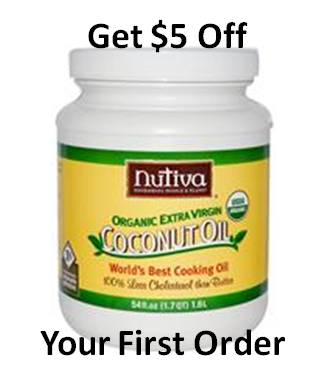What’s in Your Shampoo?
As people become more aware of the damaging chemicals contained within everyday products (like shampoo, conditioner, make up and lotions), it is a natural instinct to start looking for natural alternatives – or even making your own products so you know exactly what has gone into them.
Cleansing products we use everyday such as shampoo offer contain sodium laurel sulphate (SLS) and Parabens, which seem to be very damaging, both to our health and the environment.
SLS is a favourite of manufactures, as it helps to make their products lather and form a thick constituency – but it can be very irritating, not to mention toxic. With the skin being our biggest organ, and able to absorb whatever we apply to it, it makes sense to be very cautious about the products you use.
Avoiding Chemical Shampoo
Increasing numbers of people are going “no poo” – that is, going without shampoo entirely. For some, this might be a step too far – in which case, have you considered cleansing your hair with Kombucha?
For a simple, chemical free hair rinse, all you need is some water and some Kombucha. Although it is often drunk as a tea for its health benefits, it also has some beauty applications.
Using Kombucha will give the hair a natural sheen without the need for chemicals, and make it easier to control oily hair. Kombucha will also make the hair lighter and easier to control.

The Kombucha should be diluted with one- two parts water before being used as rinse.
Herbs can be added to the mix to give a delicate scent. Herbs such as camomile and lavender will work well with normal, dry/itchy and oily hair. Camomile will also help to lighten blonde hair. For dark hair, rosemary will work well. The herbs can either be added directly to the hair rinse or lighted boiled first. When it comes to quantities of herbs, just add a small handful, enough to give some fragrance, but not so much that the herbs swamp the water.
Another way to cleanse the hair naturally is to use baking soda. Just apply the baking soda to a brush and brush it through the same way you would a dry shampoo or wet your hair with a cup of water and then apply the baking soda.
How do you wash your hair – or do you go without? Are you careful to avoid certain ingredients in commercial shampoos and hair care products? Please leave your comments or share your recipes below.










